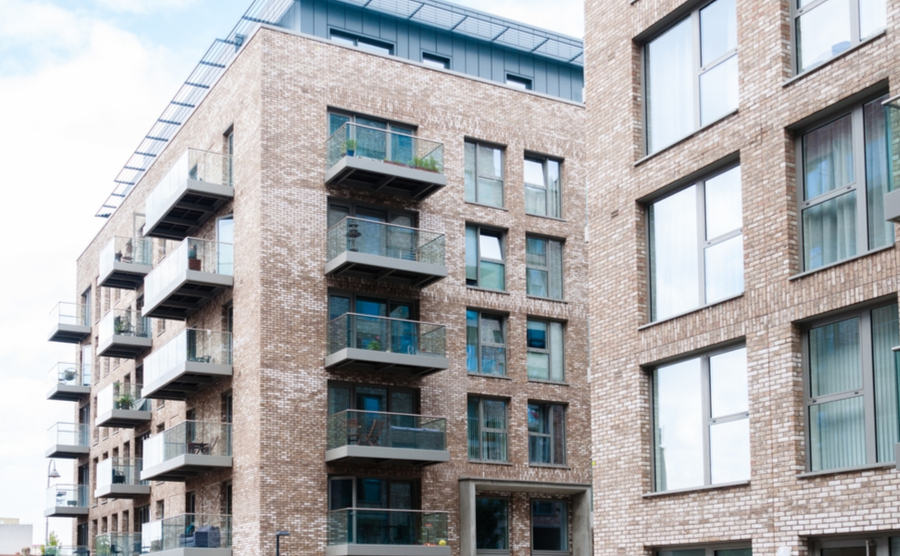The Levelling Up secretary Michael Gove has vowed to abolish the “outdated feudal system” of leaseholds. While that may take some time, in the meantime reforms are on the way.
In an interview with the Sunday Times, Michael Gove, the Levelling Up, Housing and Communities Secretary, described the leaseholds as being an “outdated feudal system”. Going further than just criticising it, Gove pledged to bring forward laws to scrap leaseholds in England..
Gove told Sky News, ‘in crude terms if you buy a flat that should be yours. You shouldn’t be on the hook for charges that managing agents and other people can land you with which are gouging.’
Under his plans, leaseholders will no longer have to pay for costly repairs, such as the fixing of unsafe cladding, and the responsibility will fall to landlords. Currently, flats above commercial units cannot be bought, but Gove wants to change this too.
What is a leasehold?
In UK real estate, homes can either be bought under freehold or leasehold. If you own the freehold to your property, you own the building and the land that it sits on. If your property is a leasehold, you own the property but not the building or the land that it sits on. Consequently, you must pay ground rent to the freeholder. With a leasehold, you are purchasing the right to have the property for a set number of years. Leaseholds are more commonplace in flats than houses, as you will own the flat but not the larger building. Furthermore, leaseholds have grown in the last few years, as new builds are sold directly from the developer. They typically start off around 99-125 years but can last as long as 999.
With a leasehold property, you are obligated to pay ground rent, this can be at a fixed or escalating rate – sometimes it escalates as often as every five years. Unfortunately, this can catch people out and leave them with bills that they had not factored in having to pay.
Additionally, with a leasehold, you will often have to pay maintenance charges too. This is for the upkeep of communal areas; for example, if you lived in a block of flats, it would be for the hallways, the elevator, the gardens.
‘the fundamental thing is that leasehold is an unfair form of property ownership.’ – Michael Gove
Moreover, if you have the leasehold to a property, then you are restricted in what you can do with it. For building work, you will need to seek permission from the freeholder.
As a freeholder, you have more freedom – you can do what you would like to the property, so long as it is within the law – but you do have more responsibility, the upkeep of the property falls solely to you.
Years of laws will need changing
Gove admits that it won’t be an easy task to abolish the leasehold system, saying, ‘you’ve got a tangle of deals going back hundreds of years – unstitching all of that is difficult – but the fundamental thing is that leasehold is an unfair form of property ownership.’ The laws were first introduced 150 years ago by large landowners who wanted to profit from selling houses while keeping ownership and income from the land on which they were built.
Furthermore, Gove has linked the need for a change to the Grenfell Tower fire in 2017. He said that the ‘system of regulation was faulty’ and that ‘government guidance was ambiguous’, so streamlining the process of homeownership is partly to do with his efforts to amend the system. Hence, in late January, Gove gave developers a six-week deadline to sign a government contract to fix their unsafe blocks. If not, they would be banned from the market.











